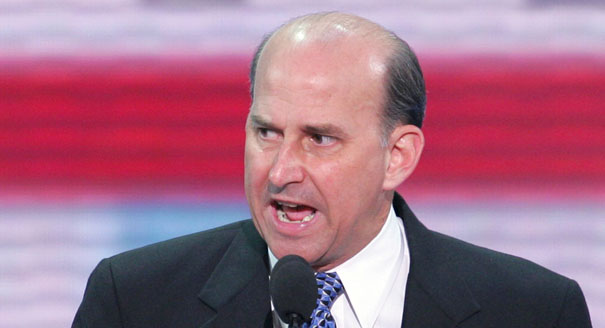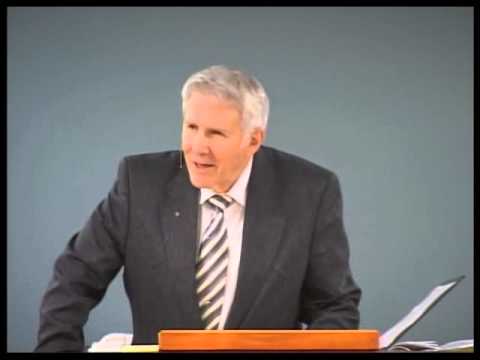The National Organization for Marriage’s Brian Brown told supporters in a fundraising email today that he is working to keep the issue of marriage equality “before the American public” so that bans on same-sex marriage “can be restored to our laws at the earliest possible moment,” which he said could happen as early as the next Supreme Court retirement.
Dismissing as “fake news” recent reports that Supreme Court Justice Ruth Bader Ginsburg has no plans to retire, NOM president Brian Brown speculated that Justice Anthony Kennedy could soon announce his retirement and, in any case, “it’s no secret that most of the liberal justices are quite elderly and the cold reality of life is that nobody lives forever.”
He assured his supporters that “marriage is not ‘lost’ as a public policy issue because the rationale used by the Supreme Court in redefining marriage in 2015 was so specious, so utterly lacking in judicial precedent and legal foundation, that the retirement of a single justice who voted to redefine marriage could totally upend the situation and bring marriage back before the Supreme Court with a realistic opportunity to restore marriage.”
Yesterday there was some media buzz about a comment that Supreme Court Justice Ruth Bader Ginsburg made, saying she had no plans to retire from the Supreme Court. This sent liberals off to celebrate, being reassured that one of the most liberal members of the Court planned to stay on. Of course, the Ginsburg story is a bit of fake news, because no Democrat would voluntarily retire when a Republican president is in office.
But the statement from Ginsburg does serve to illustrate a very important point for all of us at NOM: we could be only one retirement away from having a majority on the Supreme Court that could vote to restore marriage to our nation’s laws.
Please help us have the resources we need to influence the future makeup of the Supreme Court, and to move our aggressive agenda forward.
Many people in the elite are fond of saying that “marriage is lost,” but marriage is not lost. First of all marriage is an immutable, universal relationship – the union of one man and one woman – and no decision of any court or politician can change marriage. Thus, marriage will never be “lost” because it is a permanent, universal truth. But more to the point of the political discussion, marriage is not “lost” as a public policy issue because the rationale used by the Supreme Court in redefining marriage in 2015 was so specious, so utterly lacking in judicial precedent and legal foundation, that the retirement of a single justice who voted to redefine marriage could totally upend the situation and bring marriage back before the Supreme Court with a realistic opportunity to restore marriage.
And we could very well have just that situation occur later this year if Justice Anthony Kennedy retires from the Supreme Court, as many have speculated he will do.
And of course, it’s no secret that most of the liberal justices are quite elderly and the cold reality of life is that nobody lives forever.
This is one of the reasons that a top priority of NOM’s 2018 Strategic Plan is to work to keep marriage before the American public so that it can be restored to our laws at the earliest possible moment.







